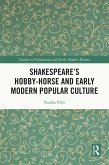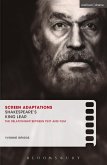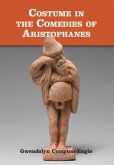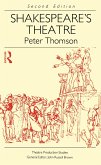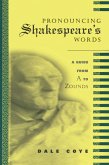Of all that has been written recently on Shakespearean comedy much is cross-sectional; much has pursued themes, patterns, images and son on, recurring throughout the sequence of plays. Less has been written about he plays themselves. There are of course the introductions to new editions; and there have been articles on this or that play: but any books surveying the whole sequence of the comedies have done so with some one special matter in mind. Thus, there may be room for a book like this; one that deals with the comedies primarily as plays, as separate entities. But such treatments need not exclude comment on the background and on how one play is linked with another; and I shall not avoid these matters.
Bitte wählen Sie Ihr Anliegen aus.
Rechnungen
Retourenschein anfordern
Bestellstatus
Storno




